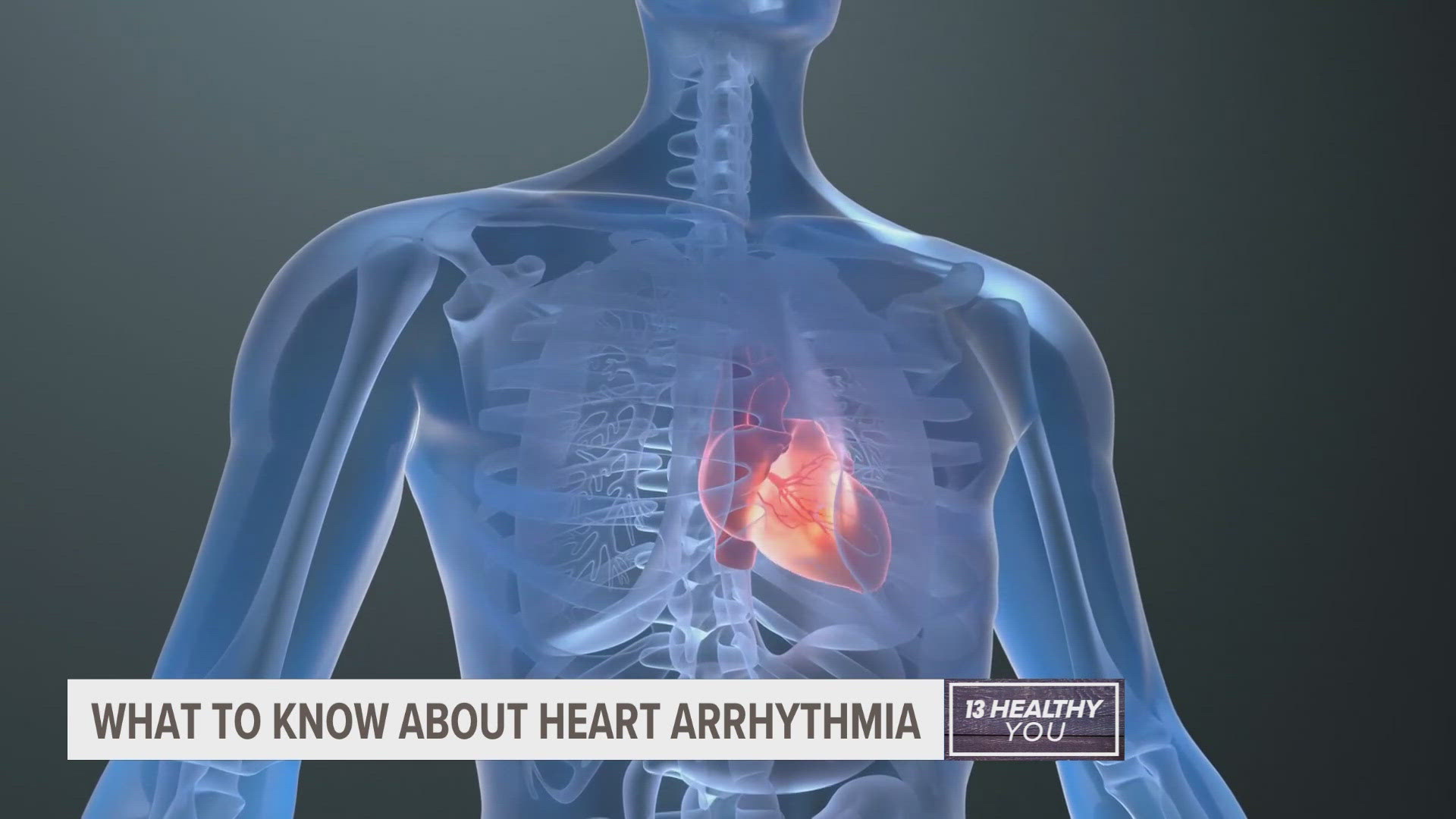GRAND RAPIDS, Mich. — Sunday, former University of Michigan football coach Jim Harbaugh walked into the medical tent during the Los Angeles Chargers game against the Denver Broncos.
He later said he was experiencing an irregular heartbeat and has been addressing an arrhythmia for many years.
He is now wearing a heart monitor for the next two weeks and taking a blood thinner.
We spoke with Dr. Thomas Hill, a cardiologist with Trinity Health Medical Group in Muskegon.
He said there are numerous types of irregular heartbeats, including rapid beating, skipped feeling or a feeling of your heart in your throat. Most of the time, Hill said, these irregularities are benign.
"The ones that you really should be concerned about, is if your heart is beating rapidly or irregularly for a sustained period of time, inappropriately, at rest," said Hill.
He also said any combined symptoms, like dizziness, chest pain, shortness of breath, or fatigue, are reasons to seek emergent care.
"If all you're feeling is the palpitations, but you're otherwise feeling fine, it's probably okay to wait and get in to see your primary care physician," said Hill. "But if you have any associated symptoms, if you're feeling dizzy or lightheaded or feel like you might pass out, if you're having associated chest pain or tightness or shortness of breath, any of those symptoms should lead you to seek attention immediately in the emergency department."
Hill said the most common reason for irregular heartbeat is atrial fibrillation. In itself, atrial fibrillation is not life-threatening.
However, a diagnosis means a higher likelihood of stroke. So, it is important to get medical care.
He said a doctor will often perform other tests, like an echocardiogram or stress test, to rule out underlying heart disease. A heart monitor may also be worn for a few weeks, especially if the event is no longer happening by the time of medical care.
"Your physician doesn't know how you feel, and it's very important to stay in tune with your body," said Hill. "It's always better to err on the side of caution if you have symptoms, and make sure you bring those up with your physician."

